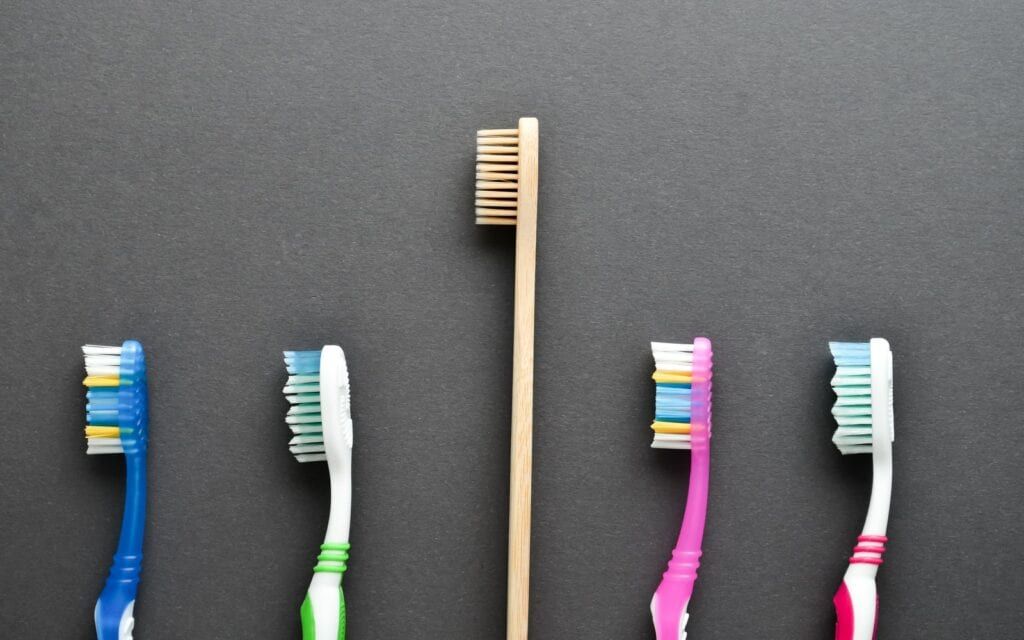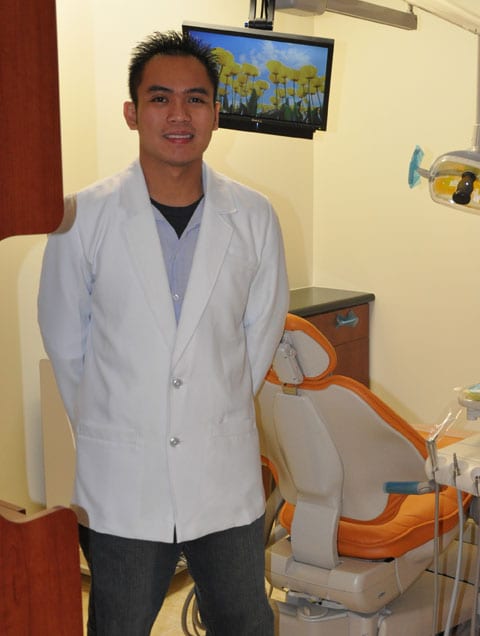Having trusted brands to rely on when brushing and flossing your teeth is important. Every grocery store will have at least some famous brand and their general brand to choose from, and most often, those toothbrushes will be made from plastic. Toothbrushes are made for convenience – their design is sleek, their bristles are soft, and they can easily be disposed of when they’re all used up. However, people concerned for the environment know that toothbrushes and other hygiene products fill up our landfills and oceans to an exceedingly unhealthy degree, and finding ways of battling this ever-growing plastic problem can make for some tricky business.
How Plastic Toothbrushes Harm Our Environment
The Environmental Protection Agency has plenty to say about the state of our plastic consumption – when it comes to our dental products, over 1 billion toothbrushes are thrown away each day and end up in our country’s landfills and oceans, and that’s within the United States alone. Plastic is a rapidly growing issue that has been around for the last 40 years, and not enough people are recycling to combat this problem.
For dentists and dental manufacturers, this persisting issue has led to numerous potential solutions, giving people options such as:
- Bamboo Toothbrushes: Bamboo toothbrushes have become the most popular alternative to plastics, with practically hundreds of brands creating and designing their versions to help reduce plastic waste and get their bamboo from ethical sources.
- Bio-Based Plastic Toothbrushes: In some cases, companies turn to bio-based plastics made from sugars and cornstarches to replace the plastic handle and bristles.
- Chew Sticks: Some companies have ditched the toothbrush design altogether and replaced it with chew sticks. Chew sticks are what they sound like – sticks from trees that contain antibacterial properties and are practically 100% recyclable.
- Spring-powdered toothbrushes: In the cases where electric brushes produce battery waste, non-electric, spring mechanic toothbrushes power the toothbrush motions and have interchangeable heads that are fully recyclable.
Out of the entirety of these options, bamboo toothbrushes have become the most convenient and viable solution for many due to their wide availability and lack of resource-intensive production. The bamboo handle, the recyclable packaging, and the plant-based nylon have made it attractive. However, a forewarning about bamboo toothbrushes is that they aren’t always eco-friendly.
Recycling Plastic One Toothbrush at a Time
Studies from Colombia University cite that when toothbrush companies use the term “biobased materials” in their description, the materials they’re made from don’t always degrade into organic components. When they don’t degrade, they often end up in landfills and can do just as much harm as traditional plastic. Because only 9 percent of the world’s plastic is recycled, the key to finding sustainable toothbrushes is to look for materials that are fully biodegradable and not just made from bioplastic materials.
To truly combat the issue of plastic waste, the best way to do so is to recycle your toothbrushes at your local recycling facility. If you want to change your toothbrush completely, choosing options that are biodegradable can help reduce your carbon footprint one brush at a time.












